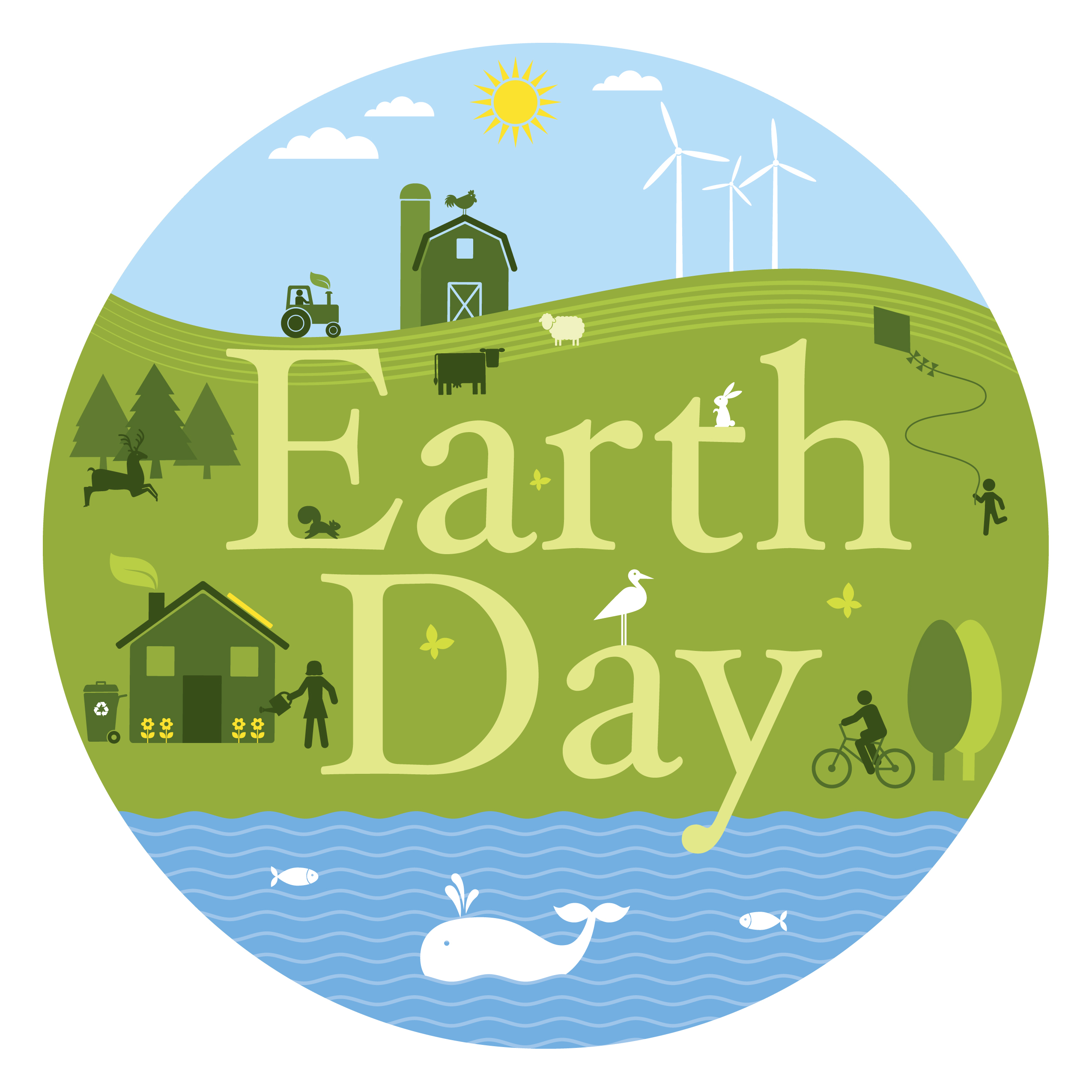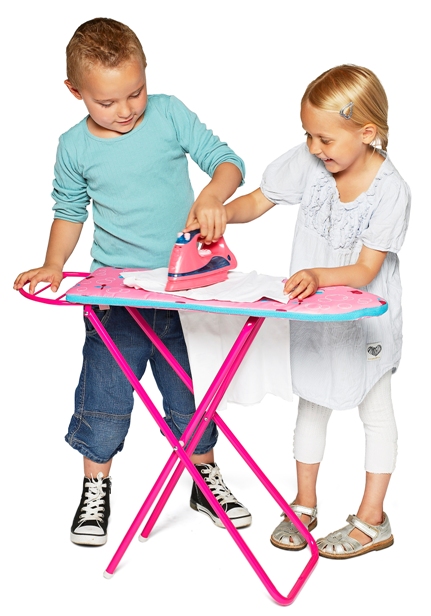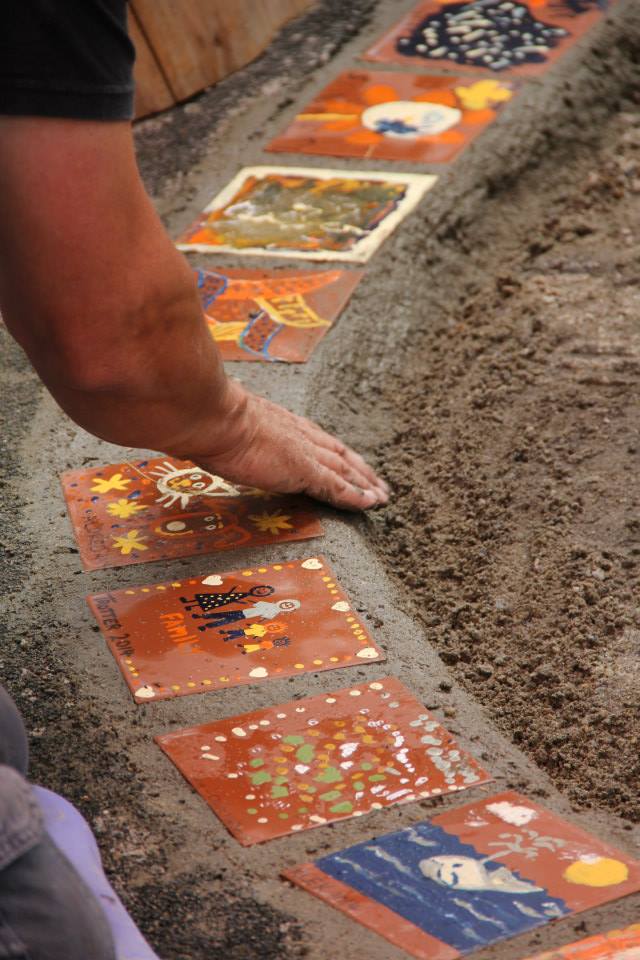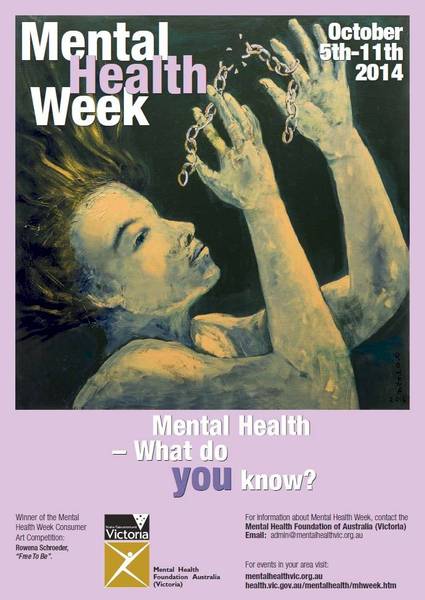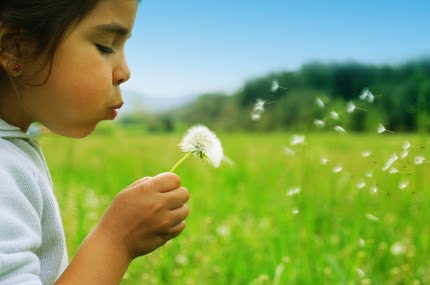Earth Day is coming up on April 22 and it has inspired us to talk about sustainability and environmental responsibility in early childhood settings; why it’s important and how we can do our bit.
Earth Day itself is intended to raise awareness and appreciation for planet earth and our beautiful natural environment. Behind the movement is the Earth Day Network, working with over 20,000 partners across 192 countries to make positive change. The great thing is, we can all contribute to positive change and it can be fun too.
Sustainability can be a complex concept, however our favourite and simple way of understanding it and explaining it to children is ensuring there’s “Enough for Everyone Forever”.
With this in mind, here are some top tips for early childhood settings to be clean and green and help children to learn respect for the environment and benefit from a connection with the natural world.
Top tips for being Clean and Green
-Grow plants at your centre for children to nurture. Children can plant, water and monitor nature firsthand. These could even be something edible!
-Encourage and facilitate recycling of materials in the centre
-Maximise natural light and minimise use of artificial light, heaters and air conditioners where possible
-Save water with hand-washing timers, collect rainwater and reuse water for gardening and playing
Our Bonkers Beat Music Kinder and Childcare in Aspendale is proud of its focus on sustainability – take a look at this video to see how we contribute positively:
You can never have too much advice on being environmentally friendly – what are your tips? Let us know!

